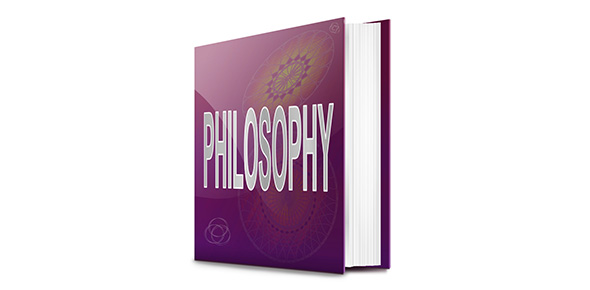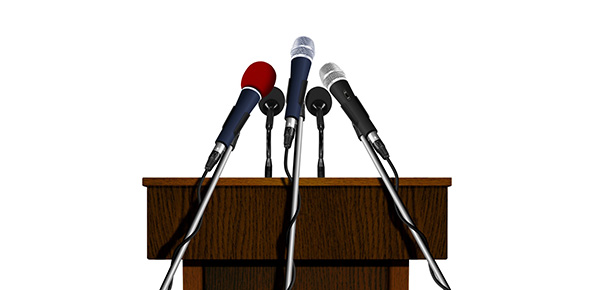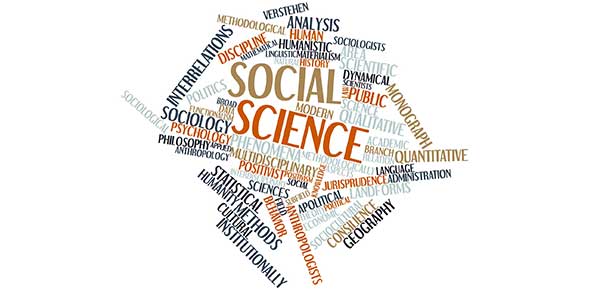Related Flashcards
Related Topics
Cards In This Set
| Front | Back |
|
Count Henri de Saint Simon
|
- French Philosopher- Studied social reform- Mentor for August Comte
|
|
August Comte
|
- French Philosopher- Referred to as the father of Sociology because he coined the word Sociology- His philosophy -> Positivism -> a belief that the world can best be understood through scientific inquiry- Wanted bias-free knowledge obtained only through Science, not Religion
|
|
Harriet Martineau
|
- British Sociologist- Translated Comte's work from French to English- Studied social customs of Britain & U.S.- Paid special attention to race, class, gender- Works explore status of women, children, & suffrers (people who are considered to be poor, criminal, mentally ill, alcoholic)- Believed we'd have a better society emerging if men & women were treated equally- Cooperation of people in all social classes but led by the middle class
|
|
Herbert Spencer
|
- British Social Theorist- Britain was the superpower - Believed societies developed through a process of struggle for existence, fittest/strongest will survive (called Social Darwinism (the best adapted to their environment survive & prosper whereas those poorly adapted die out- Opposed social reform ( it would help the weakest members -> the poor)
|
|
Emile Durkheim (man)
|
- French Sociologist- Critic of Spencer's views- People are the product of their social environment- The limits of human potential were socially based, not biological- "Strains" on society- breakdown in tradition, value, and authority- Anomie- a condition in which social control becomes ineffective as a result of the loss of shared values and a sense of purpose in life- 1st true sociological study- "Suicide"- Described as founding figure of the functionalist theoretical tradition
|
|
Karl Marx
|
- German economist & philosopher- Believes that conflict, especially class conflict is necessary for social change & to make a better society- Class conflict- struggle between capitalist class & working class-Worker alienation- a sense of powerlessness, cut off from people-Primary form of oppression is in class divisions
|
|
Max Weber
|
- German Social Scientist- Concerned about changes caused by the Industrial Revolution- Disagreed that economics were central to social change- Famous Work -> "The Protestant Ethic & The Spirit of Capitalism" -> evaluated the role of the Protestant Reformation- Sociology shall be value-free - do it in a scientific manner & keep personal values out of it -> look at research for what is is- Concerned about bureaucracies
|
|
George Simmel
|
- German Sociologist- Society is like a web of patterned interactions among people- Examined social interactions within groups (Main purpose of Sociology) -> analyzed different sizes of social groups & saw dynamics of the groups would change depending on the size of the group (referred to as geometry of social life- Looked at industrialization & urbanization & the impact on people's lives
|
|
Jane Adams
|
- One of the best know early woman sociologists- Founder of Hull house (one of the most famous settlement houses -> homeless shelter)- Coauthored a groundbreaking book - Won a Nobel Prize - Helped establish Social Security & Worker's Compensation
|
|
W.E.B. Du Bois
|
- Founded the 2nd Department of Sociology in the U.S. @ Atlanta University (Created a Laboratory of Sociology)- He is the first famous/noteworthy African American Sociologist- Classic Work "Philadelphia Negro" -> Looked at strengths/weaknesses of Negros in Philadelphia area- Double-consciousness- saw identity conflict of being black & American- One of the creators of the NAACP (National Assoc. for the Advancement of Colored People)- Became a Revolutionary Marxist (advocate by force if need be)- Moved to Ghana for the last few years of his life because he was so fed up with the U.S.
|
|
Talcott Parsons
|
- Most influential of the early functionalist (status quo and keeping stability) perspective in the U.S.- All societies must provide for meeting social needs in order to survive- Suggested that we use Division of Labor, so that everyone had specialized functions.-Believed that all other institutions functioned to benefit family (school, work, government)
|
|
Robert Merton
|
- Functionalist- Distinguished between manifest (intended and/or overtly recognized by everybody) & latent (the unintended function; the things that are hidden" functions
|
|
C. Wright Mills
|
- Conflict theorist- Key figure in development of Contemporary Conflict Theory- Encouraged Sociologists to get involved in Social Reform- He is known for the Sociological Imagination.- Power Elite- Most important decisions in society are made mostly by power elite (small clique of top military, corporate, government officials)
|
|
Charles Horton Cooley
|
- Symbolic Interactionist-> focuses on small groups and believes society is the sum of interactions between individuals and groups- Looking Glass Self (mirror)- refers to the way in which a person's sense of self is derived from the perceptions of others (how they thing of us)
|
|
George Herbert Meed
|
- Took Cooley's insights and further developed them - Role taking, role making (develop own roles, anticipate other people's response), role playing- Looked at significant others
|






